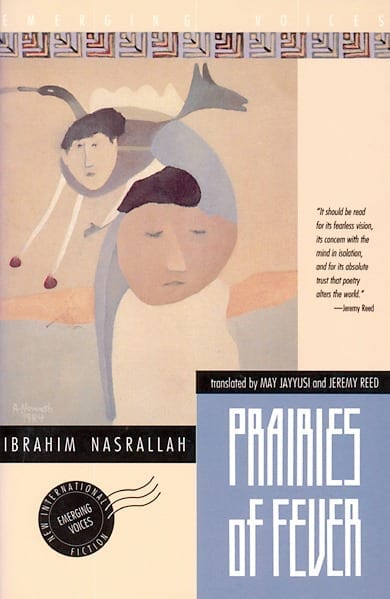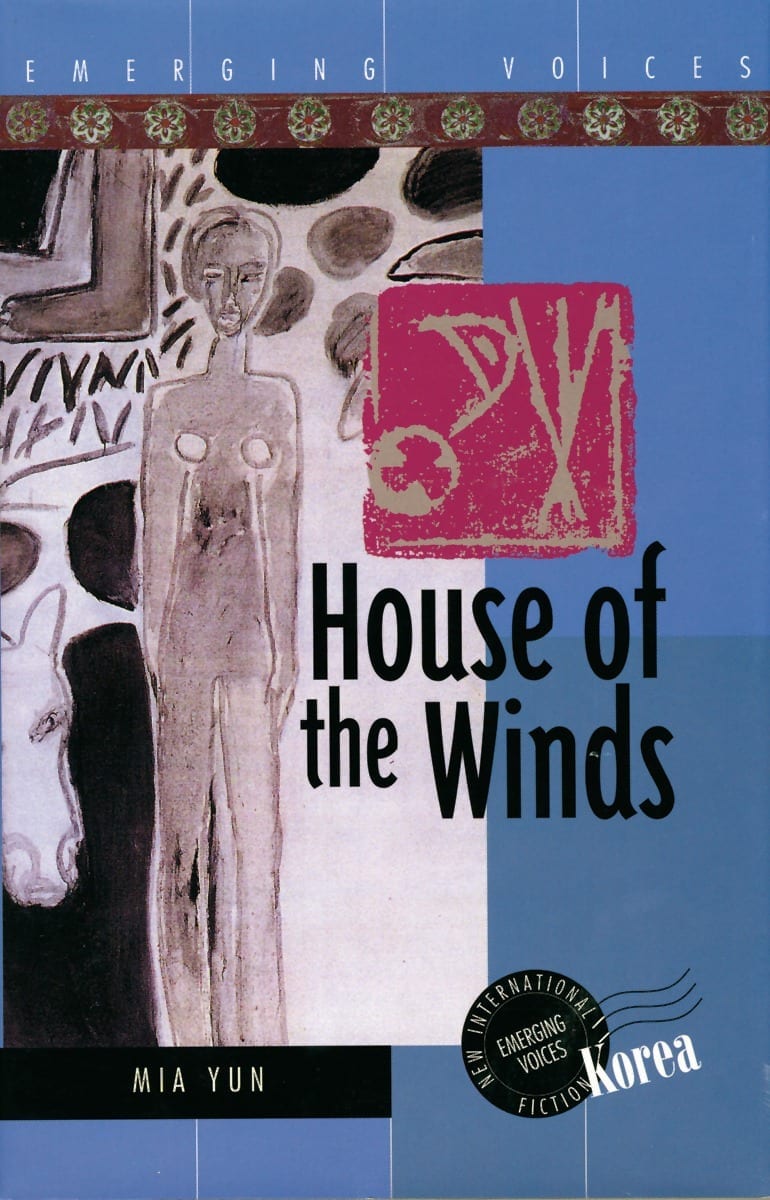Book Size: 7.75" x 5.5"
Pages: 132
Format: Paperback
ISBN: 9781623716974
Imprint: Interlink Books
Edition: 2
Release date: Spring 2024
Category: LiteratureKassandra and the Wolf
$ 16.95About this book
Margarita Karapanou’s Kassandra and the Wolf was first published in 1974, and went on to become a contemporary classic in Greece, receive international acclaim, and establish its 28-year-old author as an intensely original new talent, who garnered comparisons to Proust and Schulz.
Six-year-old Kassandra is given a doll: “I put her to sleep in her box, but first I cut off her legs and arms so she’d fit,” she tells us, “Later, I cut her head off too, so she wouldn’t be so heavy. Now I love her very much.” Kassandra is an unforgettable narrator, a perfect, brutal guide to childhood as we’ve never seen it—a journey that passes through the looking glass but finds the darkest corners of the real world.
This edition brings Kassandra and the Wolf back into print—a tour de force and, as Karapanou liked to call it, a scary monster of a book.
Brand: Margarita KarapanouAbout the author
Margarita Karapanou was born in Athens in 1946 and raised in Athens and Paris. One of Greece’s most beloved authors, she was the author of five novels. Her first novel, Kassandra and the Wolf, was translated into four languages, and was originally published in English by Harcourt Brace Jovanovich in 1974. The Sleepwalker has likewise been translated into four languages, and Karapanou’s own French translation of the book, Le Somnambule (Paris: Gallimard, 1987), won the French national prize for the best foreign novel, an honor previously awarded to Lawrence Durrell, Jorge Luis Borges, and Gabriel Garcia Marquez. She died in 2008.
Reviews
You must be logged in to post a review.








Reviews
There are no reviews yet.